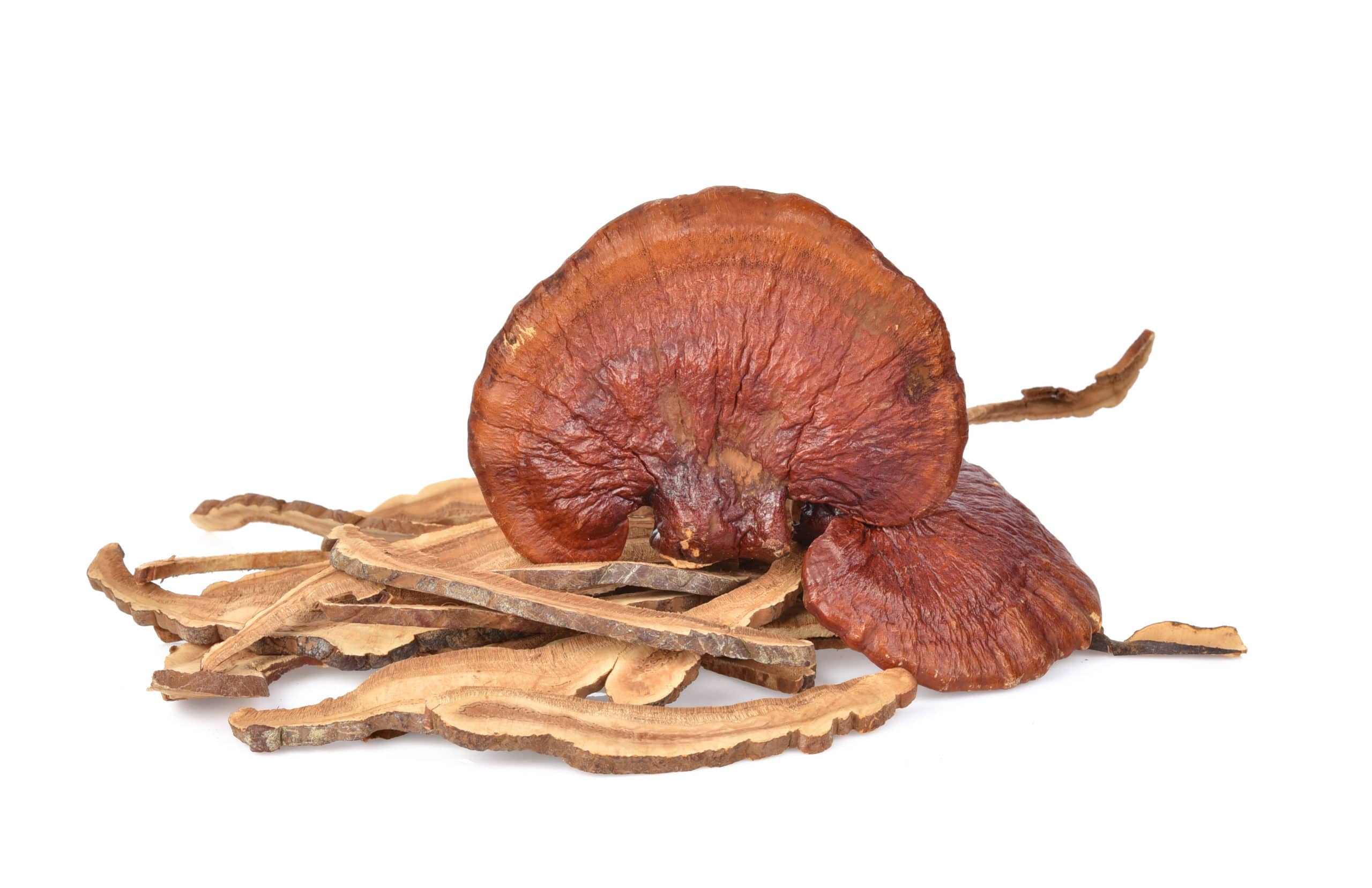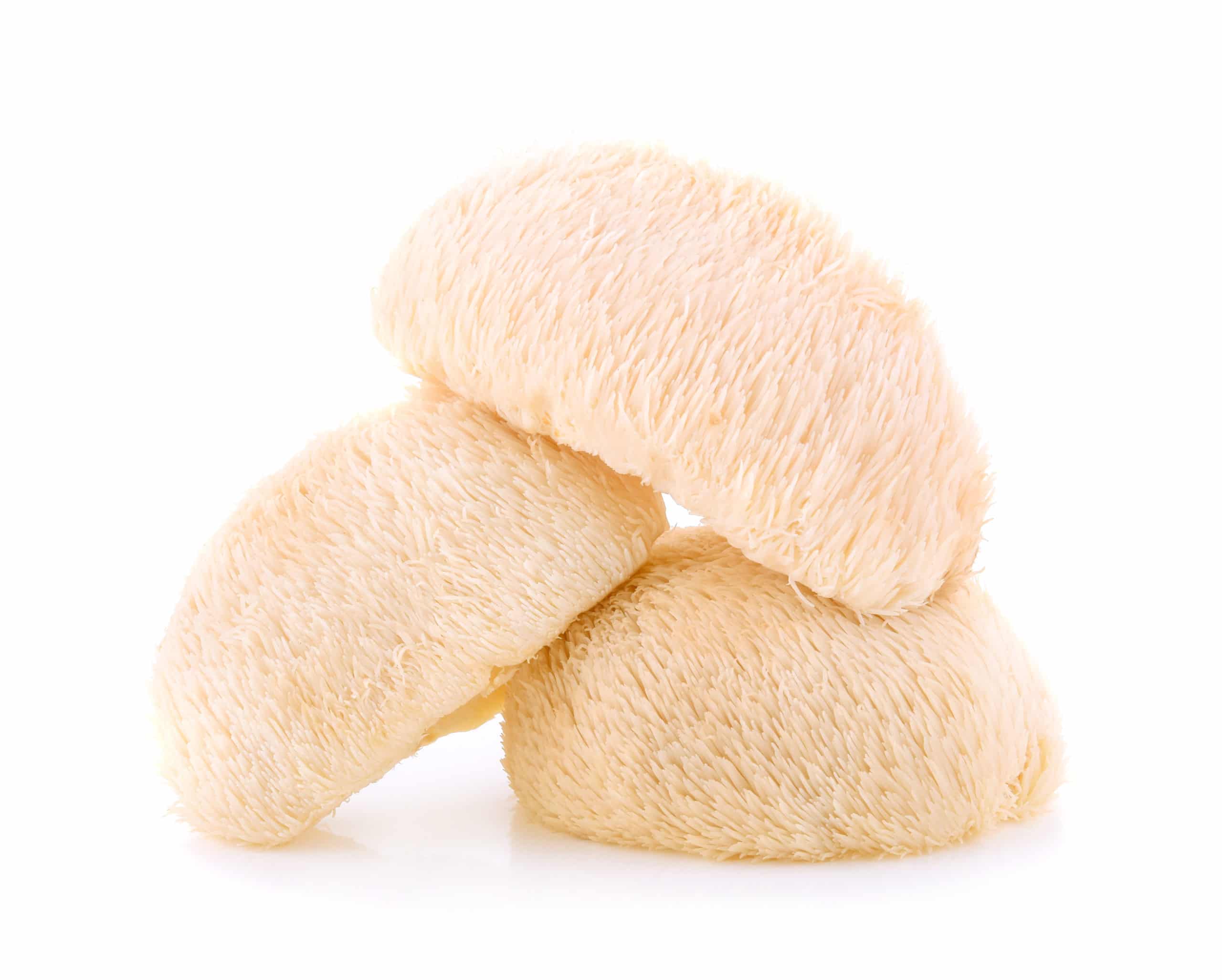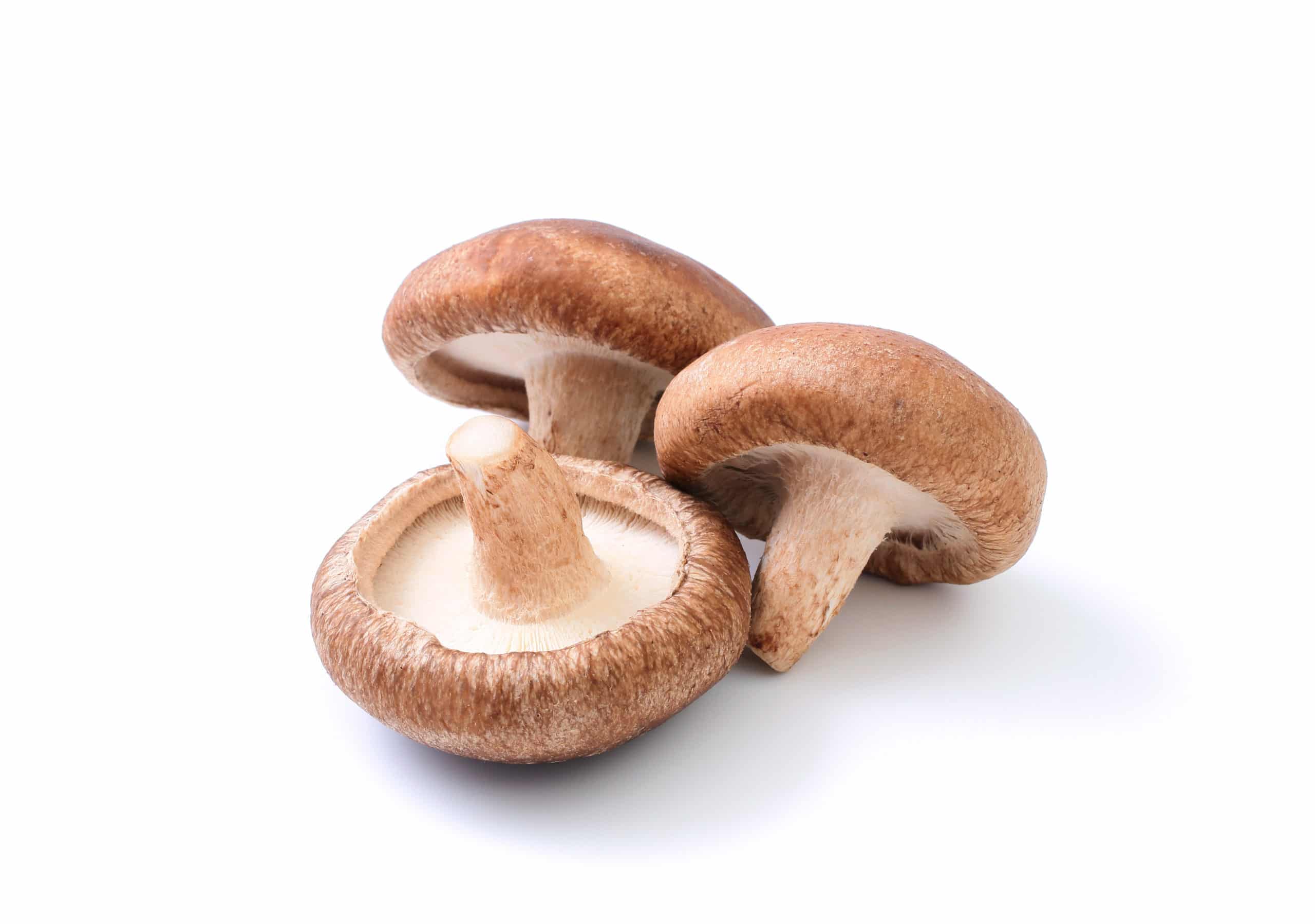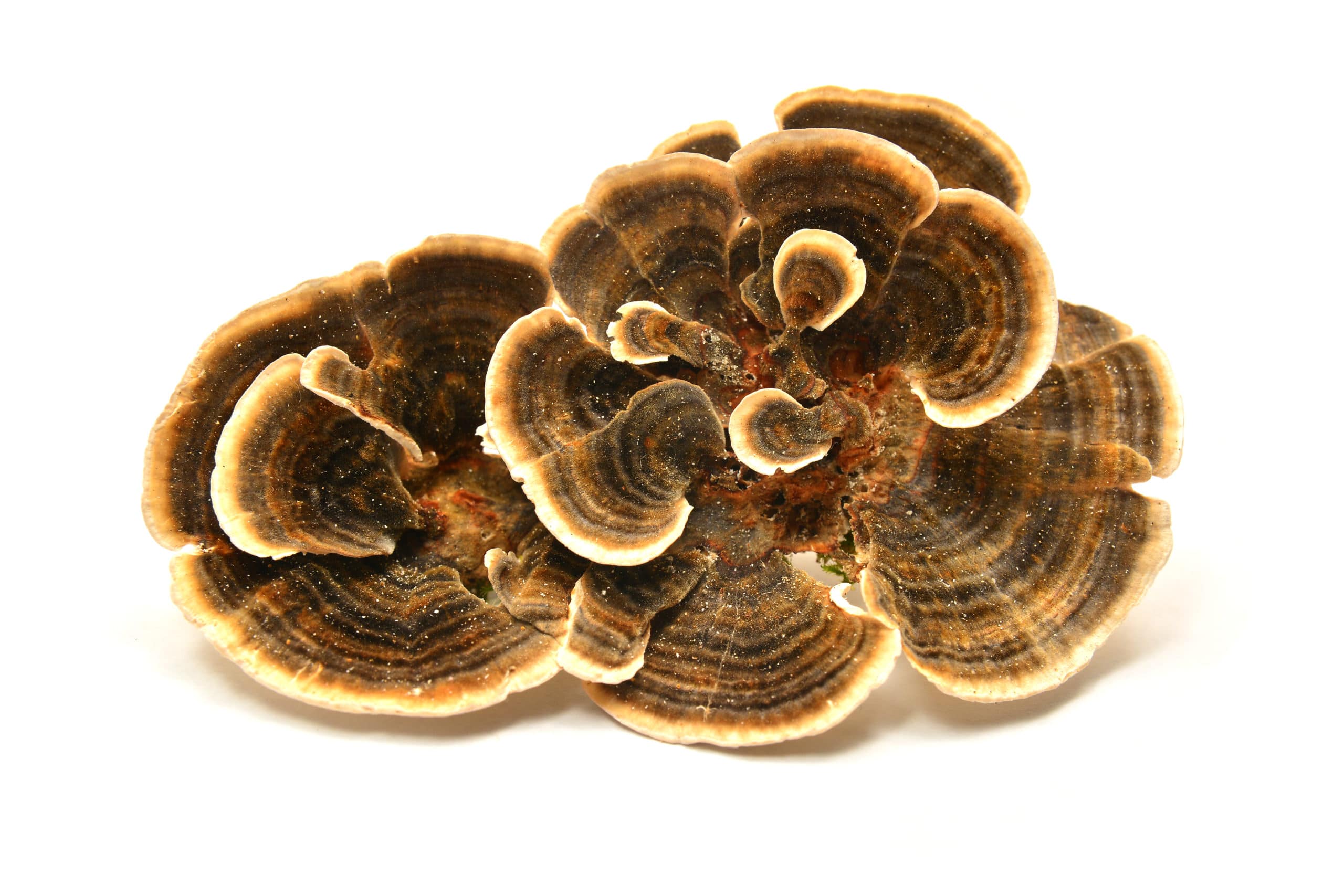Gut health is essential for overall well-being, influencing everything from digestion to immunity and even mood. As interest in natural remedies grows, many people are turning to mushrooms for their health benefits. These fungi are more than just culinary delights; they offer a host of advantages for gut health, making them a valuable addition to your diet. Whether you’re looking to boost your immune system, reduce inflammation, or promote a balanced microbiome, certain mushrooms stand out as powerful allies in supporting a healthy gut.
Quick Summary
- Key mushrooms beneficial for gut health: Reishi, Lion’s Mane, Shiitake, Turkey Tail
- Specific benefits: support the immune system, reduce inflammation, promote gut bacteria growth
- Incorporation methods: teas, tinctures, supplements, cooking
Why Try Mushroom Supplements for Gut Health?
Natural and Effective Support
Natural Healing Properties
Mushroom supplements harness the natural healing properties of various medicinal mushrooms, providing a holistic approach to improving gut health. These fungi have been used for centuries in traditional medicine, offering a natural alternative to synthetic supplements and medications. According to a study published in the International Journal of Medicinal Mushrooms, mushrooms like Reishi, Lion’s Mane, Shiitake, and Turkey Tail contain bioactive compounds that promote gut health and overall well-being.
Comprehensive Benefits
Mushroom supplements provide a wide range of benefits, from boosting the immune system to supporting digestive health. These supplements are rich in polysaccharides, antioxidants, and anti-inflammatory compounds that work synergistically to enhance gut health. A review in the Journal of Functional Foods highlights the diverse health benefits of medicinal mushrooms, including their ability to support a healthy gut microbiome, reduce inflammation, and protect against gastrointestinal disorders.
Ease of Incorporation
Convenient and Versatile
Mushroom supplements are available in various forms, including capsules, powders, tinctures, and extracts, making them easy to incorporate into daily routines. This versatility allows individuals to choose the form that best suits their lifestyle and preferences. For instance, powders can be added to smoothies and meals, while capsules offer a quick and convenient option for those on the go.
Minimal Side Effects
Mushroom supplements are generally well-tolerated and have minimal side effects compared to synthetic medications. They provide a gentle yet effective means of supporting gut health without causing adverse reactions. According to a study in Phytotherapy Research, the bioactive compounds in medicinal mushrooms have a low toxicity profile, making them safe for long-term use.
Holistic Benefits
Immune System Support
The immune system and gut health are closely interconnected, with a significant portion of immune cells residing in the gut. Mushroom supplements, such as those derived from Reishi and Turkey Tail, enhance immune function, thereby supporting gut health. Research in the Journal of Traditional and Complementary Medicine indicates that mushroom polysaccharides boost the immune response and help maintain a balanced gut microbiome.
Anti-Inflammatory and Antioxidant Properties
Chronic inflammation and oxidative stress can negatively impact gut health, leading to conditions like inflammatory bowel disease (IBD) and irritable bowel syndrome (IBS). Medicinal mushrooms are rich in anti-inflammatory and antioxidant compounds that help mitigate these harmful effects. A study in Antioxidants found that mushrooms like Lion’s Mane and Shiitake possess strong antioxidant and anti-inflammatory properties, protecting the gut lining and promoting overall digestive health.
1. Reishi Mushroom (Ganoderma lucidum)

Benefits for Gut Health
Immune Support
The immune system is closely linked to gut health, with a significant portion of immune cells residing in the gut. Reishi mushrooms enhance immune function, which in turn supports a healthy gut environment. According to a study published in the Journal of Ethnopharmacology, Reishi polysaccharides can modulate the immune response and improve gut health by influencing gut microbiota composition and function.
Prebiotic Fibers
Reishi mushrooms contain prebiotic fibers that nourish beneficial gut bacteria. Prebiotics are non-digestible food ingredients that stimulate the growth and activity of beneficial microorganisms in the gut. Research published in Food Chemistry has demonstrated that Reishi polysaccharides can promote the growth of Lactobacillus and Bifidobacterium, key bacteria in maintaining gut health.
Anti-Inflammatory Properties
Chronic inflammation in the gut can lead to various digestive disorders and impact overall health. Reishi mushrooms are known for their anti-inflammatory properties, which can help reduce inflammation in the gut. A study in Phytochemistry found that Reishi triterpenes have potent anti-inflammatory effects, helping to maintain a healthy digestive tract by reducing inflammation and oxidative stress.
How to Use
Forms
Reishi mushrooms can be consumed in various forms, including teas, tinctures, capsules, and powdered form. Each form offers different advantages, making it easy to incorporate Reishi into your daily routine.
Suggestions
-
Teas: Reishi tea can be brewed using dried Reishi mushrooms or Reishi powder. Drinking Reishi tea regularly can help you reap its gut health benefits.
-
Tinctures: Tinctures are concentrated liquid extracts that can be added to water, juice, or taken directly. They are convenient and highly effective.
-
Capsules: Reishi capsules are an easy and portable way to consume Reishi, ensuring you get a consistent dose each day.
-
Powdered Form: Reishi powder can be added to smoothies, soups, or even coffee for an added health boost.
2. Lion’s Mane Mushroom (Hericium erinaceus)

Unique Appearance
Lion’s Mane mushroom is easily identifiable by its cascading, icicle-like spines that resemble a lion’s mane. This unique structure not only makes it visually striking but also contributes to its extensive surface area, which is beneficial for its culinary and medicinal uses.
Neurological Benefits
Lion’s Mane is renowned for its potential cognitive benefits. It contains compounds like hericenones and erinacines, which stimulate the production of nerve growth factor (NGF). NGF is essential for the growth, maintenance, and survival of nerve cells, suggesting that Lion’s Mane could support brain health and improve cognitive function.
Benefits for Gut Health
Gut Bacteria Growth
Lion’s Mane promotes the growth of beneficial gut bacteria, which are crucial for maintaining a healthy digestive system. According to a study published in the International Journal of Medicinal Mushrooms, Lion’s Mane extracts were found to enhance the proliferation of gut microbiota, specifically beneficial bacteria like Lactobacillus and Bifidobacterium.
Reduces Inflammation and Oxidative Stress
Chronic inflammation and oxidative stress can harm the gut lining and contribute to various gastrointestinal issues. Lion’s Mane contains potent antioxidants and anti-inflammatory compounds that help reduce these harmful effects. Research in the Journal of Agricultural and Food Chemistry demonstrated that Lion’s Mane polysaccharides possess significant antioxidant and anti-inflammatory properties, which can protect the gut lining from damage.
Supports Gut Lining Repair
The gut lining acts as a barrier, preventing harmful substances from entering the bloodstream. Damage to this lining can lead to conditions like leaky gut syndrome. Lion’s Mane supports the repair and regeneration of the gut lining, enhancing its integrity and function. A study in the Journal of Ethnopharmacology found that Lion’s Mane extracts promote the healing of gastric mucosal lesions, indicating its potential for repairing gut lining damage.
How to Use
Forms
Lion’s Mane mushrooms can be consumed in various forms, including culinary applications, supplements, and powdered form. Each method of consumption provides unique benefits, making it easy to incorporate Lion’s Mane into your diet.
Suggestions
-
Culinary Uses: Lion’s Mane mushrooms can be cooked and added to a variety of dishes. Their mild, seafood-like flavor makes them a versatile ingredient in soups, stews, stir-fries, and even as a meat substitute.
-
Supplements: Lion’s Mane supplements, available in capsule or tablet form, offer a convenient way to ensure you receive a consistent daily dose.
-
Powdered Form: The powdered form can be added to beverages like coffee, tea, smoothies, or sprinkled over meals for an extra nutritional boost.
3. Shiitake Mushroom (Lentinula edodes)

Benefits for Gut Health
Rich in Polysaccharides
Shiitake mushrooms are abundant in polysaccharides, particularly beta-glucans, which act as prebiotics. Prebiotics are non-digestible fibers that promote the growth of beneficial gut bacteria. According to a study published in FEMS Microbiology Letters, beta-glucans from Shiitake mushrooms significantly enhance the growth and activity of gut microbiota, particularly strains of Lactobacillus and Bifidobacterium, which are crucial for maintaining a healthy gut.
Immune System Boost
A robust immune system is essential for maintaining gut health, as a significant portion of the immune system resides in the gut. Shiitake mushrooms contain compounds like lentinan, a beta-glucan that has been shown to enhance immune function. Research in the Journal of Nutrition demonstrated that lentinan boosts the immune response by stimulating the activity of various immune cells, thereby supporting overall gut health.
Balanced Gut Microbiome
Maintaining a balanced gut microbiome is crucial for optimal digestive health. Shiitake mushrooms help sustain this balance by promoting the growth of beneficial bacteria and inhibiting harmful pathogens. A study in PLOS ONE found that Shiitake mushrooms’ polysaccharides contribute to a balanced gut microbiome by increasing the abundance of beneficial bacteria and reducing the presence of harmful microbes.
How to Use
Forms
Shiitake mushrooms can be used in various forms, including fresh, dried, supplements, and extracts. Each form offers different benefits and can be easily incorporated into your diet.
Suggestions
-
Cooking in Dishes: Fresh and dried Shiitake mushrooms are commonly used in cooking. They can be sautéed, grilled, or added to soups, stews, and stir-fries. Dried Shiitake mushrooms need to be rehydrated before use, but they offer a more intense flavor than fresh ones.
-
Supplements: Shiitake supplements, available in capsule or tablet form, provide a convenient way to ensure you receive a consistent daily dose of their health benefits.
-
Extracts: Shiitake mushroom extracts, often available in liquid form, can be added to beverages or taken directly. They are concentrated and highly effective.
4. Turkey Tail Mushroom (Trametes versicolor)

Benefits for Gut Health
High in Polysaccharides
Turkey Tail mushrooms are rich in polysaccharides, specifically polysaccharopeptides (PSP) and polysaccharide-K (PSK), which act as prebiotics. These compounds promote the growth of beneficial gut bacteria. A study published in Mycobiology found that PSP and PSK from Turkey Tail mushrooms significantly enhance the growth of Lactobacillus and Bifidobacterium, crucial bacteria for maintaining a healthy gut.
Enhances Immune Function
A strong immune system is integral to gut health, and Turkey Tail mushrooms are known for their potent immune-boosting properties. According to research in the Journal of Ethnopharmacology, PSK from Turkey Tail mushrooms stimulates the production of immune cells and enhances their activity, thereby supporting gut health by maintaining a balanced immune response.
Supports Gut Microbiota Balance
Maintaining a balanced gut microbiota is essential for optimal digestive health. Turkey Tail mushrooms help sustain this balance by promoting beneficial bacteria growth and inhibiting harmful pathogens. A study in the Journal of Applied Microbiology demonstrated that Turkey Tail extracts positively influence the gut microbiota composition, increasing beneficial bacteria and reducing harmful bacteria levels.
How to Use
Forms
Turkey Tail mushrooms can be consumed in various forms, including teas, supplements, and powdered form. Each method of consumption offers unique benefits, making it easy to incorporate Turkey Tail into your daily routine.
Suggestions
-
Teas: Turkey Tail tea can be brewed using dried mushrooms or Turkey Tail powder. Drinking this tea regularly can help you reap its gut health benefits.
-
Supplements: Turkey Tail supplements, available in capsule or tablet form, offer a convenient way to ensure you receive a consistent dose daily.
-
Powdered Form: The powdered form can be added to smoothies, soups, or other beverages for an extra nutritional boost.
How to Choose the Right Mushroom Supplement
Considerations
Quality and Sourcing
The quality and sourcing of mushroom supplements are critical factors to consider. High-quality supplements are typically derived from organically grown mushrooms, ensuring they are free from pesticides, heavy metals, and other contaminants. According to a study published in Nutrients, organically sourced mushrooms contain higher levels of beneficial compounds, such as polysaccharides and antioxidants, compared to conventionally grown mushrooms. Therefore, choosing supplements from reputable brands that prioritize organic sourcing is essential for maximum efficacy and safety.
Type of Supplement: Whole Mushroom vs. Extract
Mushroom supplements come in two primary forms: whole mushroom and extract. Whole mushroom supplements contain all parts of the mushroom, including the mycelium (root-like structure) and fruiting body (the above-ground part). Extracts, on the other hand, concentrate specific bioactive compounds. A review in the Journal of Agricultural and Food Chemistry suggests that extracts may provide more potent therapeutic benefits due to the higher concentration of active ingredients. However, whole mushroom supplements offer a broader range of nutrients and are closer to their natural form. Depending on your health goals, you may choose one over the other or a combination of both.
Form: Capsule, Powder, Tincture, etc.
Mushroom supplements are available in various forms, each with its advantages. Capsules and tablets are convenient and easy to dose, making them ideal for daily use. Powders can be easily mixed into smoothies, soups, and other foods, offering versatility in how you consume them. Tinctures, which are liquid extracts, provide a concentrated dose and can be added to drinks or taken directly. According to research in Frontiers in Pharmacology, the bioavailability of mushroom compounds can vary depending on the form, with tinctures often providing faster absorption. Consider your lifestyle and preferences when choosing the form that best suits you.
Tips
Check for Certifications and Third-Party Testing
Certifications such as USDA Organic, Non-GMO Project Verified, and NSF Certified for Sport indicate that the supplement meets high standards of quality and purity. Third-party testing is also crucial, as it ensures the supplement contains the ingredients listed on the label without contaminants. A study in Regulatory Toxicology and Pharmacology highlights the importance of third-party testing in verifying the safety and efficacy of dietary supplements. Look for brands that provide certificates of analysis (COAs) from independent laboratories.
Consult with a Healthcare Provider for Personalized Advice
Before starting any new supplement regimen, it’s advisable to consult with a healthcare provider, especially if you have existing health conditions or are taking other medications. A healthcare provider can offer personalized advice based on your health needs and ensure that the supplement is safe and appropriate for you. According to a survey published in JAMA Internal Medicine, many people use dietary supplements without professional guidance, which can lead to adverse interactions and ineffective use. Professional advice can help you choose the right supplement and dosage for your specific health goals.
Conclusion
Incorporating mushrooms like Reishi, Lion’s Mane, Shiitake, and Turkey Tail into your diet can do wonders for your gut health. These powerful fungi support a healthy digestive system, boost your immune function, and help maintain a balanced gut microbiome. By adding them to your daily routine, whether through meals or supplements, you can enjoy their numerous benefits and take a significant step towards better overall health. Give these mushrooms a try and see how they can enhance your well-being. And remember, if you want to dive deeper into the world of medicinal mushrooms, there’s plenty more to explore.
References
- Jayachandran, Muthukumaran, et al. “A Critical Review on Health Promoting Benefits of Edible Mushrooms through Gut Microbiota.” International Journal of Molecular Sciences, vol. 18, no. 9, 8 Sept. 2017, p. 1934, www.ncbi.nlm.nih.gov/pmc/articles/PMC5618583/, https://doi.org/10.3390/ijms18091934.
- Venturella, Giuseppe, et al. “Medicinal Mushrooms: Bioactive Compounds, Use, and Clinical Trials.” International Journal of Molecular Sciences, vol. 22, no. 2, 10 Jan. 2021, p. 634, res.mdpi.com/d_attachment/ijms/ijms-22-00634/article_deploy/ijms-22-00634-v2.pdf, https://doi.org/10.3390/ijms22020634.

